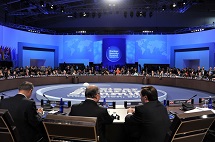
Analysis of what the Obama administration has accomplished and what remains to be done in the field of nuclear security.
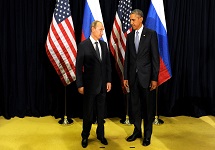
Article about up-to-date affairs between Russia and the US with consideration given to proxy players in between.
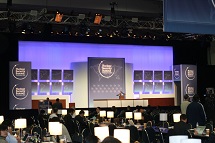
The uneven and limited nature of the summit process means that the nuclear security regime will be a patchwork of initiatives, with far too many holes.
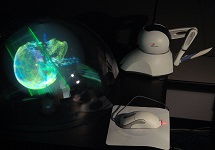
A new study by Miles A. Pomper, Ferenc Dalnoki-Veress, and George M. Moore, explores how to both promote cancer therapy in developing countries and prevent radiological terrorism.
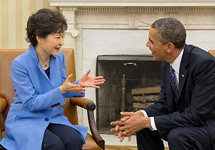
Occasional Paper #24: This report identifies challenges and opportunities for the next phase of the ROK-US nuclear partnership.
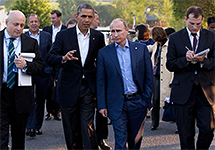
Obama’s presidency has served as an object lesson in the limits of a US president’s ability to shape a global nuclear order amid competing factors, abroad and domestic.

This CNS report explores implications of research in behavioral economics for policies related to nuclear weapons including nonproliferation efforts
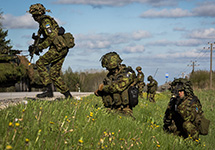
This CNS report analyzes key NATO states’ threat perceptions of Russia, and provides recommendations in advance of the July 2016 NATO summit in Warsaw.
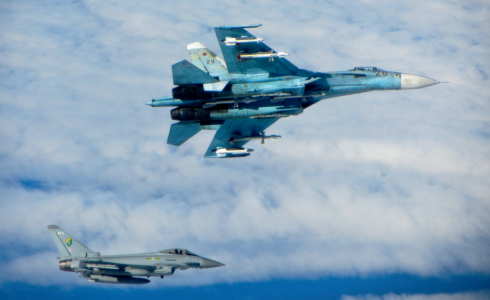
Some NATO members are pushing for a stronger conventional deterrent against Russia, while acknowledging recent measures are steps in the right direction.
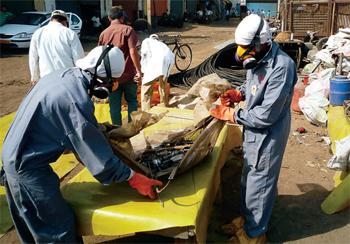
By examining the potential for replacing high-risk radiological material, a road map can be drawn and used to increase nuclear security and prevent nuclear terrorism.